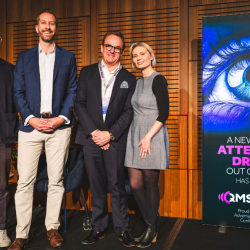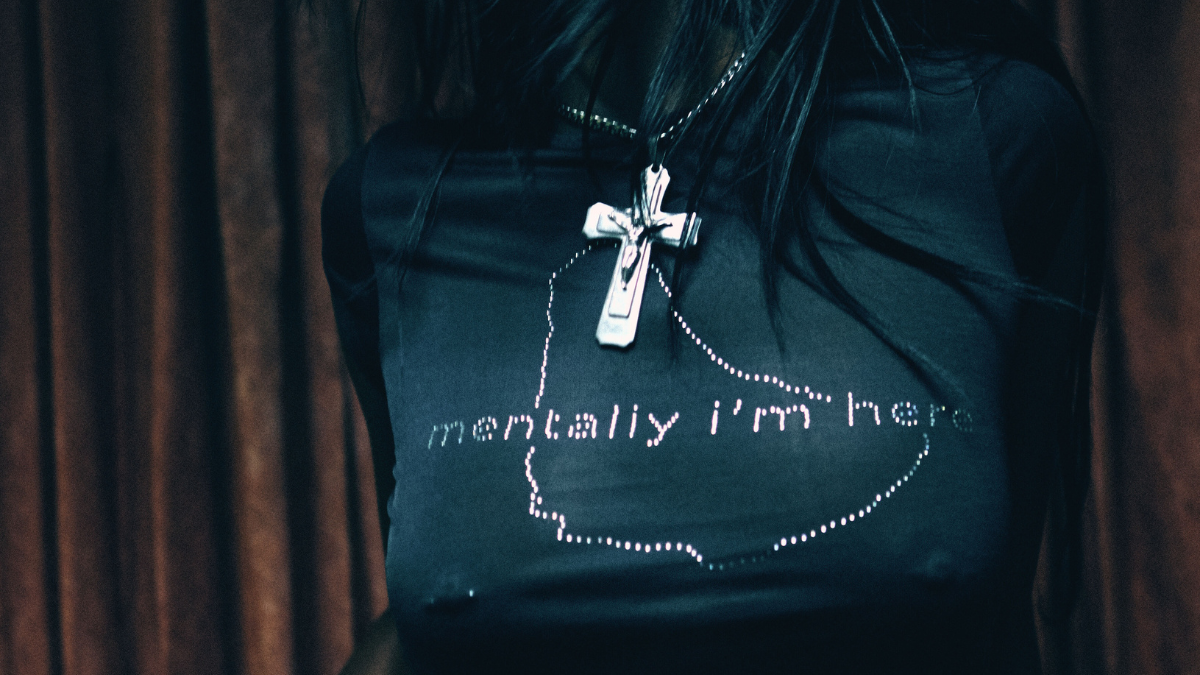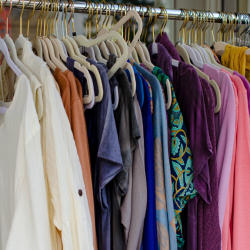It seems the ‘planet penny’ has finally dropped. Consumers are no longer willing to ‘conscious compromise’. At least, that’s according to the latest Conscious Consumer Spending Index. The index, which has been measuring consumer appetite for environmental spending for a decade, found record highs across the board — fully underscoring consumers’ increasing embrace of conscious consumerism. For example, 71% felt it was important to support socially responsible brands, and 42% reported plans to spend more with socially responsible companies in 2024.
Green crime does not pay
In other words, the crossroads has arrived for brands toe-ing the environmental line. Marketers will know that simply being ‘less bad’ is not enough. They must be actively doing good, and those savvy brands that find clever ways to align on values and value-driving will be rewarded. According to McKinsey, sustainability-related claims helped products average 28% cumulative growth over the last five years.
‘Claims’ is the operative word, though. An interesting choice given that in a commission assessment of 150 environmental claims, 53% were vague, misleading or unfounded, and 40% were unsubstantiated. In addition to consumers waking up to these practices, and as a result of the assessment, the European Commission will conclude its negotiations to restrict false green claims by 2024.
Transparency goes a long way
This is not to be alarmist. It doesn’t mean that every brand has to have the answers immediately, or be operating at ‘real zero’ from January (it does mean not lying about how far along you are in the sustainability journey, though). Customers will appreciate a little transparency — from how you make changes to upcoming plans, ultimately adding a sense of humanity and humility.
This must be embedded and shared across every channel. However, there is one channel that is often undervalued — the website. As the first place a customer goes to understand more about a brand and its products, this is the obvious place to highlight sustainability credentials and underline a commitment to being more environmentally friendly. For the latter, the best way to achieve this is by considering a more sustainable approach to web design, notably the user experience.
A website can be beautiful and sustainable
The internet has a higher carbon footprint than the aviation industry, and it’s increasing. Web page sizes have been growing steadily over the years. One reason for this is the popularity of rich media online. Nowadays, internet marketing requires a lot of balancing between the various factors at play or, more specifically, sustainability and good UX to drive customer conversions. However, it’s not a case of one or the other. Both are possible.
At Célibataire, we have a ‘conscious design’ philosophy, which is about creating sustainable websites without losing out on aesthetics or function. For example, redesigning the navigation menu to reduce the number of pages loaded, looking at colour palettes to select less energy-intensive colours, and optimising the number of videos and high-quality graphics on the site can be an attainable way of reducing a brand’s carbon footprint. And not forgetting to consider green hosting options.
Ultimately, it has become clear that there is no slipping under the climate radar. This is the era of the conscious consumer, and brands must recognise this to forge lasting relationships with them. The website is a great place to start; it can make a real difference in customer perception and contribute to climate goals, brand aspirations and promises. After all, if a website is the virtual embodiment of your brand, shouldn’t it reflect your values?
Featured image: George Milton / Pexels































